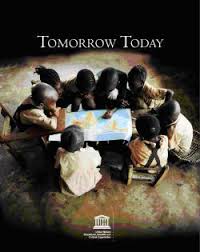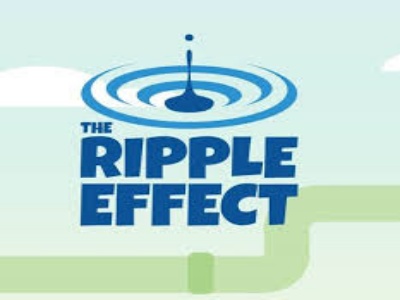3 Guides to Working in the Social Impact Sector
The charity and not-for-profit sector have a sizeable portion devoted to international development.
With so many people competing for the same positions, how can one begin a career in social impact sector? With that, we can assist.
What Exactly is Social Impact?
A profession within national and international development that seeks to helps those who live in underdeveloped nations by fusing academic study with hands-on assistance. This can include everything from building infrastructure and responding to emergencies to humanitarian work. Simply said, it is examining challenges or problems and determining solutions for developing countries.
In the social impact sector just like the International Development is home to a variety of organizations, some of which are nonprofits and others of which are charitable. As a result, other organizations are attempting to bring about actual changes; it’s not just the huge nonprofits that are making a difference.
Below are some of the sectors in social impact space as well as of international development organizations:
- Those involved in Charities
- The Nonprofit Organizations (NGOs)
- Some specialized Development Agencies within a Government
- The United Nations Agencies
- The Universities and scholarly Research’
- Think Tanks
- Consultancies
Career Parts Available in the Social impact and International Development Space
Working on a program or in the field
This kind of development is “boots on the ground.” As the period of paid “on the ground” employment is coming to an end, field work is frequently voluntary and carried out by local workers. But there are more and more opportunities for specialized jobs. Your ability to locate paid job a little bit closer to the action may be aided by experience in fields such as engineering, medicine, law, and other in-demand professions.
Research Units
Postgraduate students typically fill office-based research and policy responsibilities, which are typically based in the country or countries where the organization was founded. For candidates who are experienced, a postgraduate degree may not be very necessary, however research experiences are important. For charities, think tanks, and other organizations, you will create research-driven projects. Departments at universities and government agencies.
These in the Technical Roles
Technical expertise in the fields of science and medicine will be necessary for these occupations. You could have a background in water and sanitation science or be an engineer or planner with understanding of the infrastructure. You should normally have both experience and qualifications in the field you want to enter.
Admin & Support Units
Administrative and office support employment are frequently available because the majority of international development organizations have offices in industrialized countries (even if they may also have a presence in other countries for their administration).
What are the requirements for employment in international development?
- Some level of Education
Somehow it is still possible to volunteer in the most part of the world including the UK without having any formal training, however some positions in international development may require a degree (though not necessarily for a career in international development). Some senior roles may even require a master’s degree. When offered, internships and placements allow you to get valuable experience while enrolled in classes.
Experience, as usual, triumphs over education. However, the most typical professional route entails earning a bachelor’s degree, followed by an MSC in International Development, and working in placements or internships for a few years until a position becomes available. You could be at a disadvantage if you are not a graduate in this subject.
With relevant experience—including strong, verifiable volunteer work with reputable organizations—you might be taken into consideration.
- Previous volunteer experience
People with passion are always in demand in the industry. Volunteering is an excellent method to accomplish this. However, networking and establishing contacts are just as important as demonstrating your love for the industry.
For professions in foreign development, volunteering is an unstated requirement. This is especially useful if you’re thinking about changing careers because it demonstrates that you found time to participate even while working a full-time job.
A volunteer placement abroad can give you important experience that charities and NGOs will value, and it can look fantastic on your resume. You will have an advantage over other applicants if you have both strong academic standing and relevant volunteer experience.
Volunteering Options in the Social Impact and International development include:
- Volunteering possibilities with charities Jobs
- internships with Project Abroad and
- VSO to Volunteer Oversea.
- Skill Sets
Even though some careers in international development require the same skill set as other volunteer positions in charities, there are some particular abilities that are crucial. These comprise:
Empathy in conflict resolution the capacity to comprehend cultural differences, views, and points of view Language proficiency (if you work in the field)an operational comprehension of the reason outstanding writing abilities, especially for research positions Monitoring, analyzing, and evaluation abilities
Even though it can be hard, working in international development is incredibly gratifying.




March 16, 2024 @ 11:03 pm
Your article helped me a lot, is there any more related content? Thanks!